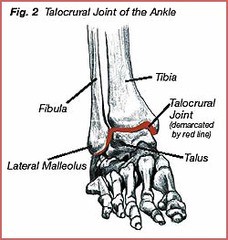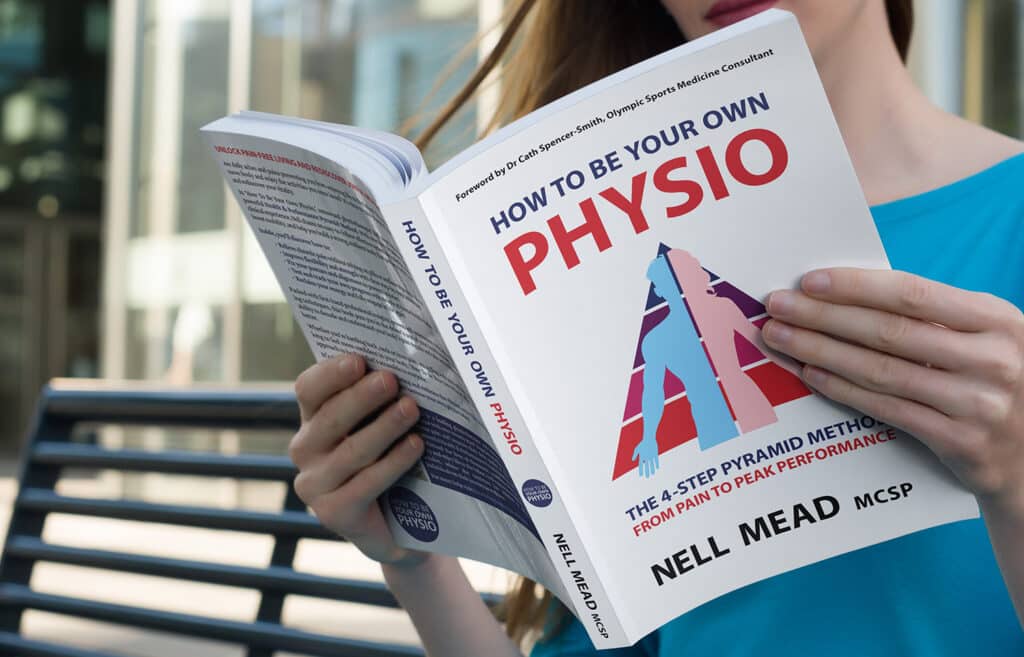
Physio for plantar fasciitis: it’s not always about your feet!
Physio for Plantar Fasciitis In my clinic, I don’t just treat your symptoms – I analyse your whole body
Comprehensive and Innovative Physiotherapy for Plantar Fasciitis. Discover a Therapist Who Thinks Outside the Box
Get in contact
Just call my London team on
0207 175 0150 or use the form below and let me help you get better.
Just call my London team on 0207 175 0150 or use the form here.
Physiotherapy can be a highly effective treatment for plantar fasciitis, a condition that affects approximately 10% of runners and accounts for 1% of all visits to orthopaedic surgeons.
The foot and ankle contain over 25% of the body’s bones, more than 100 muscles, tendons, and ligaments, and a network of blood vessels, nerves, skin, and soft tissue. These components work together to provide support, balance, shock absorption, and mobility. However, when the plantar fascia, the tissue that connects the heel bone to the toes, is tight and sore, foot function can be severely impacted.
Research indicates that it can take up to a year for recovery; but in most cases we can help you to get better far more quickly than that. Typically, if you have plantar fasciitis, a physiotherapist will want to treat your foot; and it’s perfectly possible that your foot could be the true issue. But if you don’t get better from this approach, it’s equally possible that your plantar fascia could be irritated because it’s compensating for an issue in another area of the body – and that’s where I come in.
My job is to work out whether the problem is coming from your foot itself, or whether it’s trying to compensate for a problem somewhere else in your body. Common issues that the foot tries to compensate for are weak glutes or stiff ribcages – though I’ve even seen foot problems that stemmed from neck issues. Each case of plantar fasciitis has its own specific cause, and therefore the best treatment for your plantar fasciitis may be completely different from the best treatment for someone else.
If the problem is genuinely coming from your foot, then we are likely to work on restoring normal alignment, biomechanics and control to the joints and muscles of the foot and calf area; and it’s possible that I may prescribe some temporary orthotic insoles to help to reduce pain, while you do some exercises to restore normal mobility and strength. However, if the real issue is that your foot is compensating for a problem elsewhere in your body, then we’ll start by working on the underlying cause first.
If the assessment session shows up a potentially more serious issue, then we may want to get some imaging (X-ray, ultrasound or MRI) so that we can see if there is any structural damage.
Or, if we find that the problem is not responding to conservative treatment, then we may decide to consider more invasive options and liaise with other healthcare professionals to arrange treatment such as corticosteroid injections or extracorporeal shockwave therapy, both of which have been shown to help in some cases of plantar fasciitis.
In very severe cases, it’s possible that surgery may be recommended to release the plantar fascia from the heel bone. However, surgery is a last resort and would only be recommended when conservative treatments have been exhausted.
Follow-up sessions if required are usually an hour – it’s important to me to be very thorough when it comes to foot physiotherapy, as I want to be the last foot physiotherapist you need.
Learn more about the following knee physiotherapy I provide
As a leading plantar fasciitis physiotherapist in London, I regularly write about injuries, treatment and assessment techniques.

Physio for Plantar Fasciitis In my clinic, I don’t just treat your symptoms – I analyse your whole body

Not all physio is the same – so if you’re looking for a therapist, why should you consider coming to see Nell?

We use our ankles all the time without thinking anything of it – but the truth is, they’re delicate and finely tuned bits of kit.

Physio for Plantar Fasciitis In my clinic, I don’t just treat your symptoms – I analyse your whole body
Simply fill in the form and my team will call you
Quick Links
Address
Longcroft House
2-8 Victoria Ave
London
EC2M 4NS
Are you tired of quick fixes that leave you back at square one? Ready to take control of your health with evidence-based strategies?
My book isn’t just another health tome – it’s your ticket to understanding your body and conquering both niggles and long-standing symptoms.
